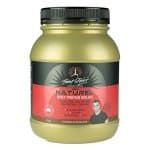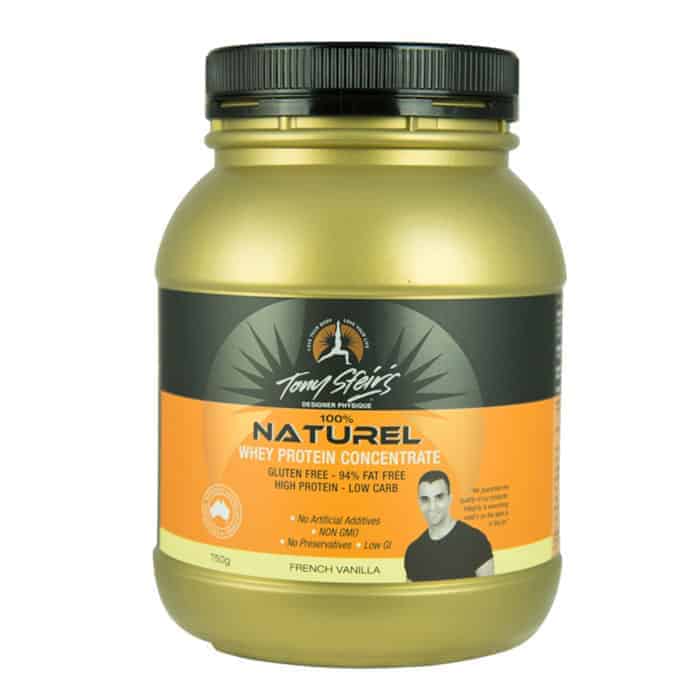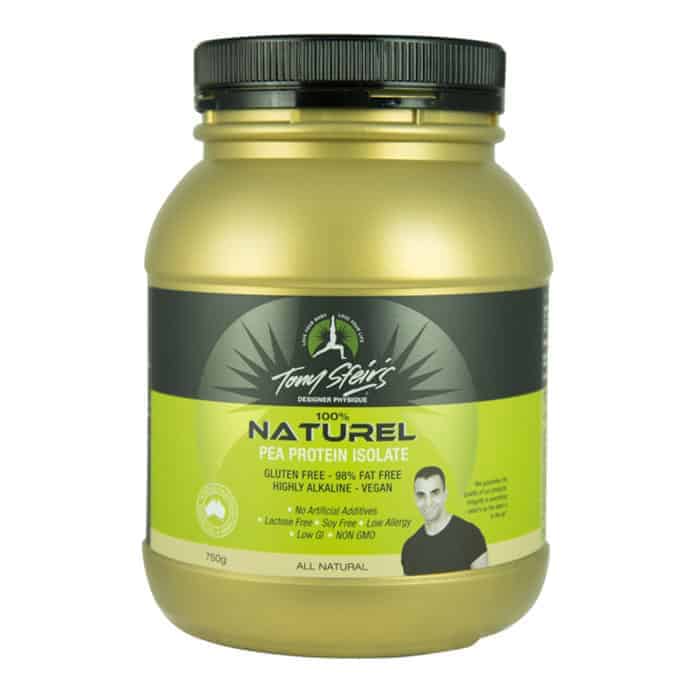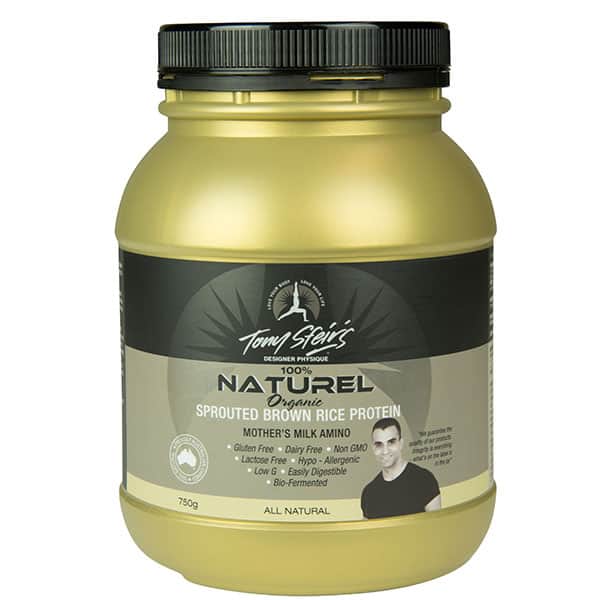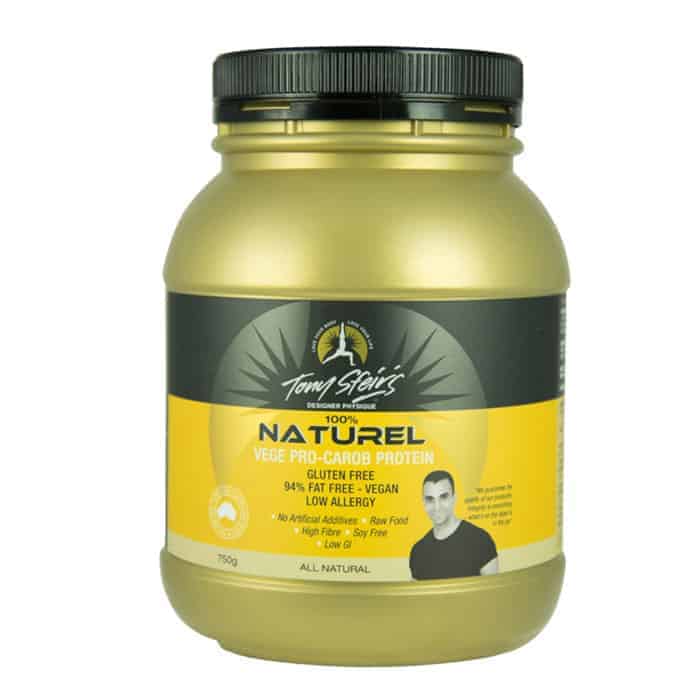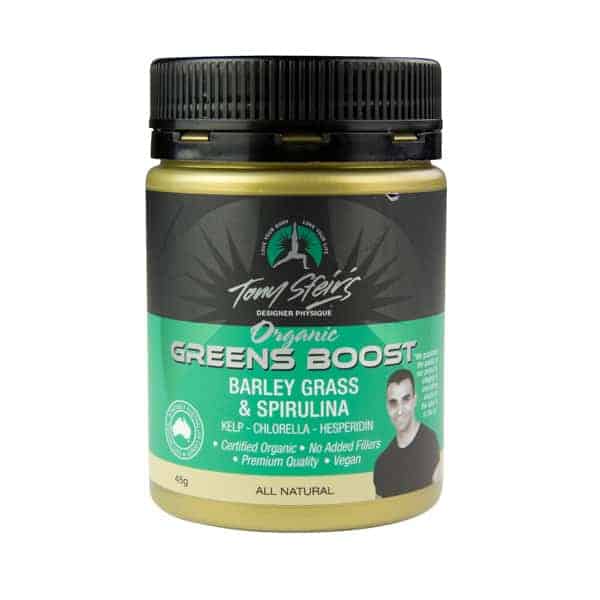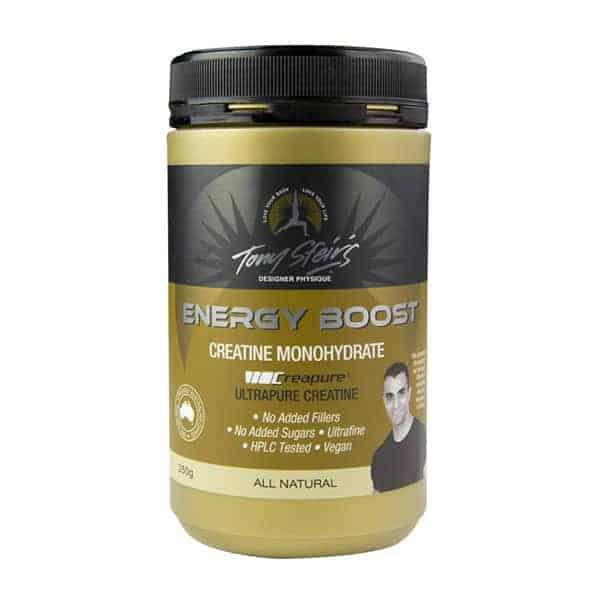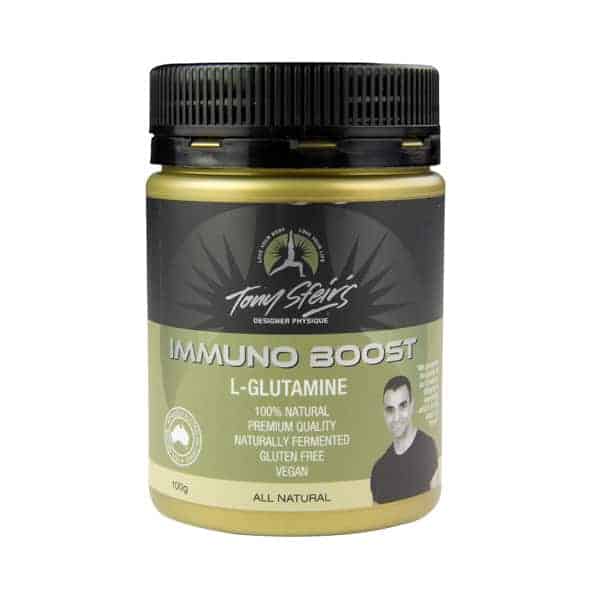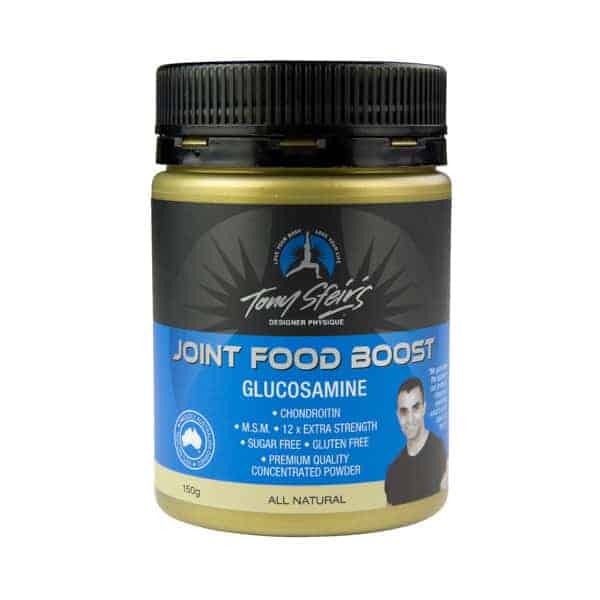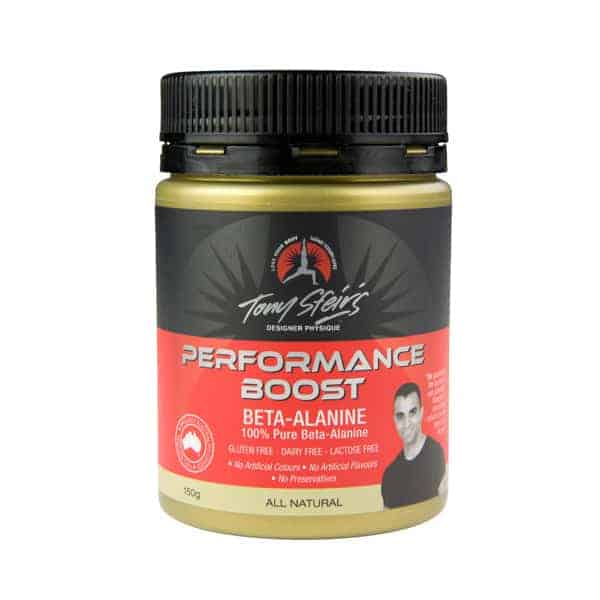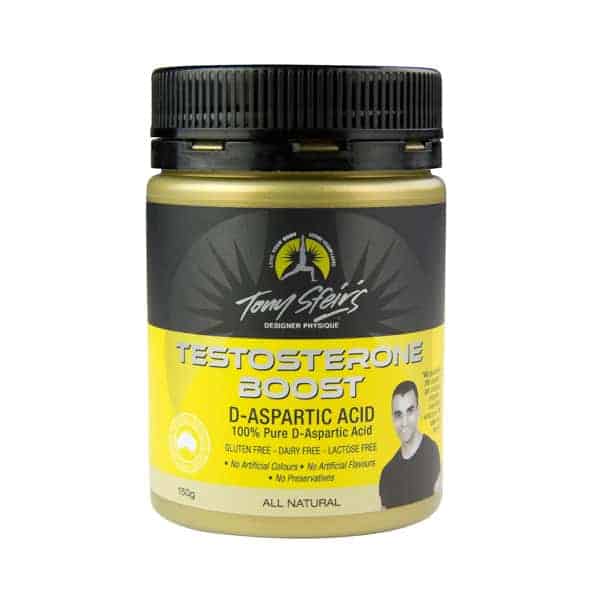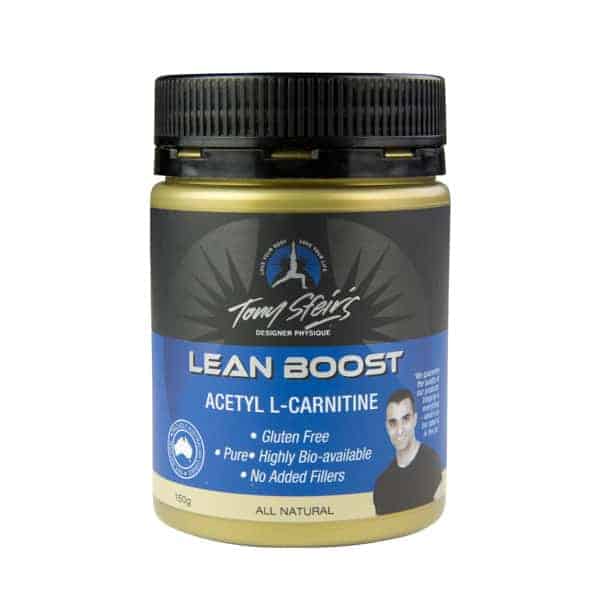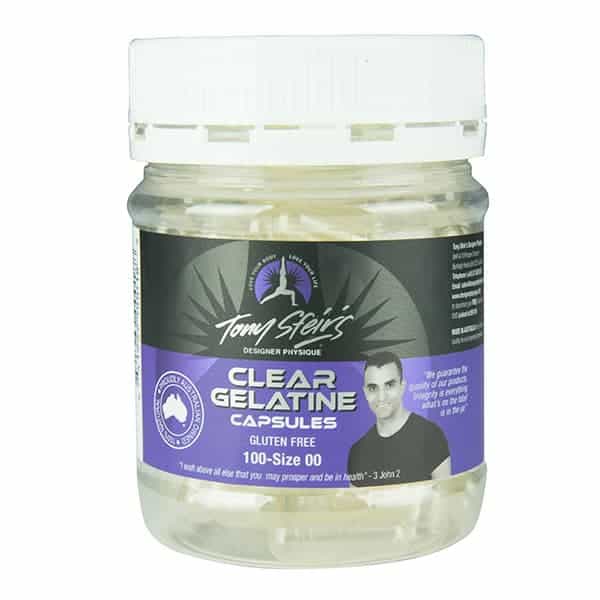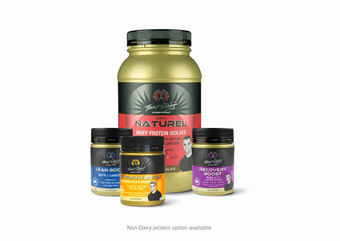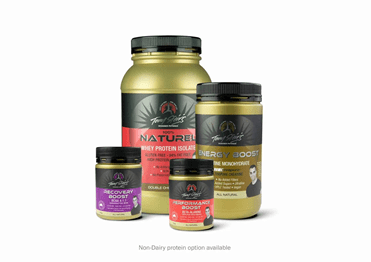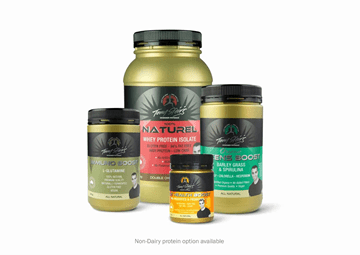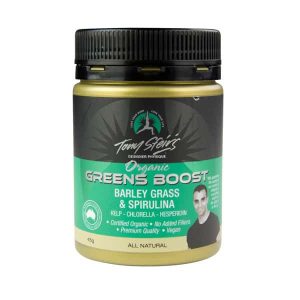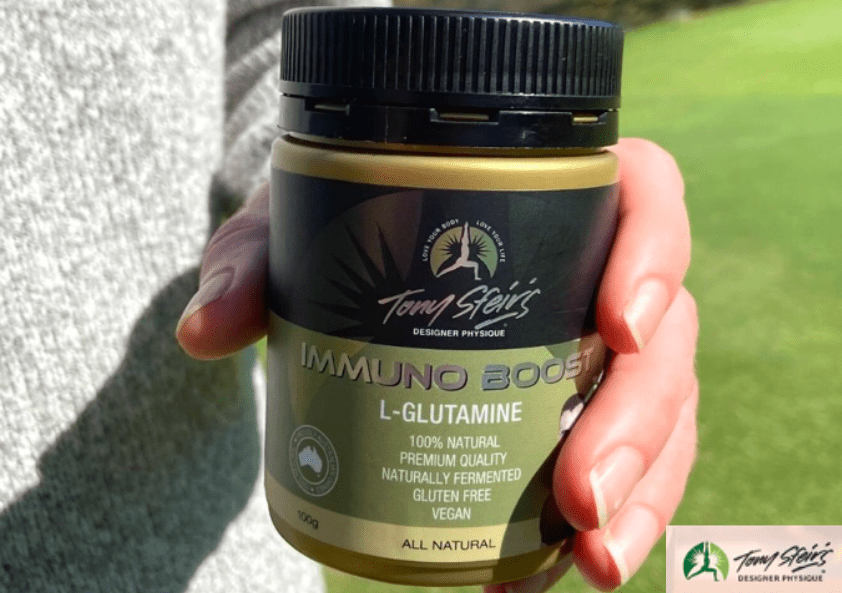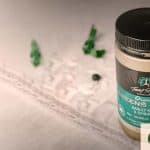Article At A Glance:
|
Is stress on your daily to do list? Have the symptoms of anxiety become a normal daily occurrence? Probably not intentionally, however now that it’s mentioned maybe you are realising that stress and anxiety is a steady part of your day….
Don’t stress it!
If you answered yes to all the above, there is no need to worry, because at Designer Physique we have the natural alternative that you’ve been waiting for to help reduce your stress and symptoms of anxiety.
Introducing Immuno Boost
Yes you read that right, our Immuno Boost contains the amino acid L-Glutamine, also known as the “calming” amino acid! You might be asking yourself, what is an amino acid and how can it be calming?
Amino acids are molecules in the body that combine to form proteins, which are the body’s building blocks that help it stay living and grow. When the body digests and breaks down protein, amino acids are formed (Medline Plus, 2022).
How can L-glutamine put the calm back into my life?
L-glutamine contributes to reducing stress and anxiety through a variety of mechanisms, here are some of the main ways it can bring back the calm:
- By balancing the gut microbiota (the good bacteria in our tummies), mood and cognition can be improved as this bacterial balance allows the brain to produce all the “feel good” hormones.
- Studies have also shown that by improving the good bacteria in the gut, it is able to support brain health and promote a protective effect against the onset of depression.
- L-glutamine increases the production of glutamate, a non-essential amino acid derived from glutamine (Caccia & Jenner, 2019) and GABA the neurotransmitter that blocks chemical messages in the nervous system. These help the brain to maintain neurotransmitter balance, which is important because neurotransmitters are the chemical messengers that determine how the brain and body feel or respond to a situation. Neurotransmitter balance influences mood, alertness, memory, learning, sleep and how we respond to stimulus.
What is the Gut Brain axis?
As you’ve read a few times now, L-Glutamine balances the bacteria in our tummy which in turn contributes to how our brain responds, but why is this? Gut bacteria sends signals to the brain via the vagus nerve by stimulating afferent neurons of the enteric nervous system. The sleep and stress reactivity of the HPA axis (mechanism that balances hormones) is influenced by these varied mechanisms of gut microbes (bacteria in our tummies) (Galland, 2014).
This concept is commonly referred to as the gut brain axis. This axis is the communication between the central and enteric nervous systems that link gut functions with the brain. Clinical practice evidence shows an association between dysbiosis (imbalance of good and bad gut bacteria) and central nervous system disorders such as depression and anxiety (Carabotti et al., 2015).You’ve probably heard about how pre and probiotics benefit gut health, to find out more on this read here. While we are at it, what else is L-Glutamine good for?
Aside from the amazing benefits for your mental health and the support it provides in reducing stress and anxiety, this amino acid has some pretty great health benefits.
| Health benefit | How? |
| Gastrointestinal and immune health | Supports gut function and digestive processes. Reduces intestinal colonisation and bacterial overgrowth of pathogens.
|
| Promotes muscle growth and decreases wastage | During strenuous activity, glutamine prevents the body from using muscle for energy instead of carbohydrates. It also boosts strength, repairs muscle, improves muscle hydration and recovery. |
| Supports metabolic and heart health | Supplementation increases human growth hormone (hormone that stimulates growth, cell reproduction, and cell regeneration in humans) by up to 400%, increasing the resting metabolic rate (the amount of energy that your body needs to function while at rest) and improving the afterburn effect from exercise. Also supports cardiovascular health by serving as a material for DNA, ATP, protein and lipid synthesis. Reduces risk of cardiovascular disease through its antioxidant and anti-inflammatory effects. |
(Axe, 2021)
Calmer days are coming
Research supports that taking 20-30g of L-Glutamine for just 5 days consistently can have great therapeutic effect by replenishing glutamine levels after exercise. So why not start today? It might just be the answer to living your best life! Just think, in as little as 5 days you could be feeling calmer, happier and waving goodbye to the stress and anxiety that you have become far too acquainted with! Order your Immuno Boost (L- Glutamine) powder today, with multiple sizes (100g & 300g) to choose from. We have an option to suit every budget and need!
Remember, if you have any questions at all contact us and one of our team will be in touch and support you on your way to “Love your body, Love your life”.
References
Axe, J. (2021). L-Glutamine Benefits Leaky Gut & Metabolism, Dr. Axe. Accessed on 25/08/22, <https://draxe.com/nutrition/l-glutamine-benefits-side-effects-dosage/>
Caccia,C. Jenner, P. (2019). The Role of Glutamate in the Healthy Brain and in the Pathophysiology of Parkinson’s Disease, European Neurological Review, 2019;14(Suppl.2):2–12. Accessed on 25/08/22,<https://touchneurology.com/parkinsons-disease/journal-articles/the-role-of-glutamate-in-the-healthy-brain-and-in-the-pathophysiology-of-parkinsons-disease-2/#article-information>
Carabotti, M., Scirocco, A., Maselli, M. A., & Severi, C. (2015). The gut-brain axis: interactions between enteric microbiota, central and enteric nervous systems. Annals of gastroenterology, 28(2), 203–209.
Galland L. (2014). The gut microbiome and the brain. Journal of medicinal food, 17(12), 1261–1272. https://doi.org/10.1089/jmf.2014.7000
Medline Plus, (2022). Amino Acids, U.S. National Library of Medicine, accessed on 25/08/22, <https://medlineplus.gov/ency/article/002222.htm>

